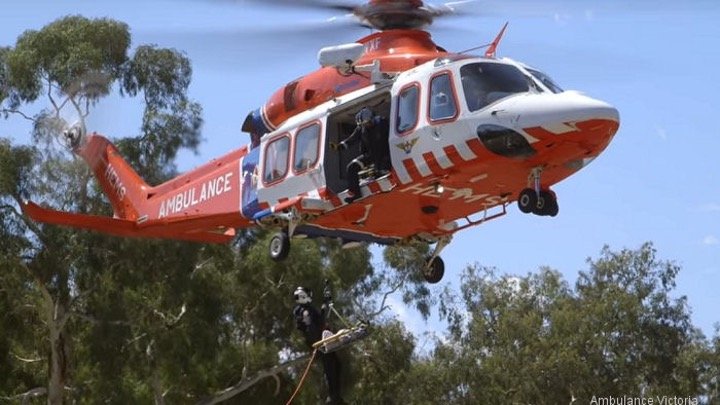
What is psychological safety and why does it matter?
Psychological safety is the key ingredient in creating high-performing teams. It leads to improved collaboration, more innovation, higher employee engagement and better business results.
Find out how to understand your team’s current level of psychological safety and learn techniques you can use to improve it.

Culture: What is Lurking Beneath the Surface?
Organisational culture is a complex social phenomenon that either enables or hinders long term organisational success. By embracing a holistic approach to understanding our culture we can actively shape it. Meaningful culture change requires defining our desired culture and cultivating it through concrete actions. This goes beyond aspirational values; we must identify specific behaviors that drive success, establish effective measurement methods, and incentivise their adoption. Experiencing the positive impact of new behaviors reinforces them, which leads to shifts in the underlying beliefs and assumptions - this is how genuine cultural change happens.
Culture constantly evolves through shared learning, sensemaking and experience. However, without measuring it, we are just guessing. We cannot know if our culture is working for us or against us and we certainly cannot improve it.

What are flow metrics and why should you care?
Flow metrics will change how you think about productivity, predictability, and effectiveness. They provide insight into how your processes are operating and help you identify issues and bottlenecks. They tell you whether your process is predictable, which supports effective planning and forecasting. They suggest actions you can take to improve and they tell you if your process changes are having the desired effect. Since they are framework-agnostic, they can be applied to all types of knowledge work.

Manage your authority gradient to create effective teams
I recently teamed up with Nick Roder - an experienced Mobile Intensive Care Ambulance (MICA) paramedic (and my uncle) - to give a talk at Agile Australia where we explored what organisations can learn from paramedics about teamwork, collaboration and leadership. We shared how paramedics deal with their unique, complex environment, and how they create a collaborative culture that enables effective teams.
This is the final article in the series. It explores the concept of authority gradient and how managing it is vital to creating effective teams.

Foster civil interaction to improve collaboration
I recently teamed up with Nick Roder - an experienced Mobile Intensive Care Ambulance (MICA) paramedic (and my uncle) - to give a talk at Agile Australia where we explored what organisations can learn from paramedics about teamwork, collaboration and leadership. We shared how paramedics deal with their unique, complex environment, and how they create a collaborative culture that enables effective teams.
This is the third article in the series. It explores the impact of civil behaviour on teams and what you can do to create a civil environment that is conducive to higher performance.

Create a just culture
I recently teamed up with Nick Roder - an experienced Mobile Intensive Care Ambulance (MICA) paramedic (and my uncle) - to give a talk at Agile Australia where we explored what organisations can learn from paramedics about teamwork, collaboration and leadership. We shared how paramedics deal with their unique, complex environment, and how they create a collaborative culture that enables effective teams.
This is the second article in the series, exploring what type of culture you need to support high performance and continuous improvement and the actions you can take to create it.

Design processes for humans
I recently teamed up with Nick Roder - an experienced Mobile Intensive Care Ambulance (MICA) paramedic (and my uncle) - to give a talk at Agile Australia where we explored what organisations can learn from paramedics about teamwork, collaboration and leadership. We shared how paramedics deal with their unique, complex environment, and how they create a collaborative culture that enables effective teams.
This is the first in a series of four articles, detailing the insights and practical techniques from paramedicine that you can use to help your people do their best work, every day.
